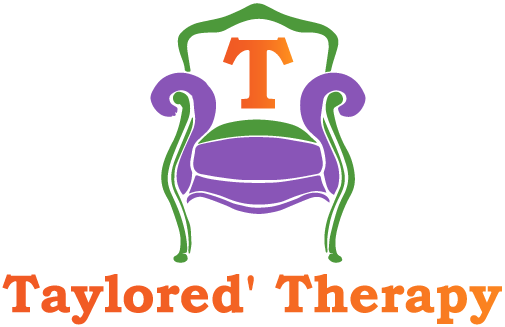
Attachment Therapy
What is Attachment Therapy?
Attachment Therapy for adults is a form of psychotherapy that focuses on how we relate to others; how we connect and even disconnect. According to attachment theory our behaviors within relationships are the result of our attachment style.
What Are The Different Attachment Styles?
Attachment theory was developed as a result of work done by psychoanalyst John Bowlby. Bowlby observed that the 1st 6 months of an infant’s life, can often shape the way they attach to others.
If they have responsive caregivers who attend and nurture they often will develop a secure attachment style. If not, they tend to develop one or a combination of the three insecure styles.
If a child has a caregiver that responds to their emotional needs for touch, closeness etc inconsistently they may demonstrate an Anxious-Preoccupied (also known as Anxious Ambivalent) attachment where they tend to not trust others. They may desire closeness as adults but fear they won’t get it or be able to keep it, thusly push it away or come off as very needy.
If a parent has been rejecting showing no affection to the expressed need for closeness or fail to provide physical touch, attention or attunement to the child, as an adult the child may demonstrate a Dismissive (Avoidant dismissive) orientation. He/she may not express need for other within a relationship. They often exhibit a strong sense of independence and may withdraw in discomfort when others express their needs for connection and nurturing.
Disorganized (Fearful Avoidant) attachment style displays a desire for relationships but a fear of them as well viewed as a ‘Come here Go away’ orientation to others. Often as children they have experience physical abuse or trauma. They may have had caregivers with significant mental health and/or addiction challenges where expressed love was inconsistent, confusing and at times harmful.
What To Expect In Attachment Therapy
Attachment therapists often work with the adult to help them identify reasons behind relationship turmoil and connect with their younger needs to begin helping to resolve earlier formed patterns.



